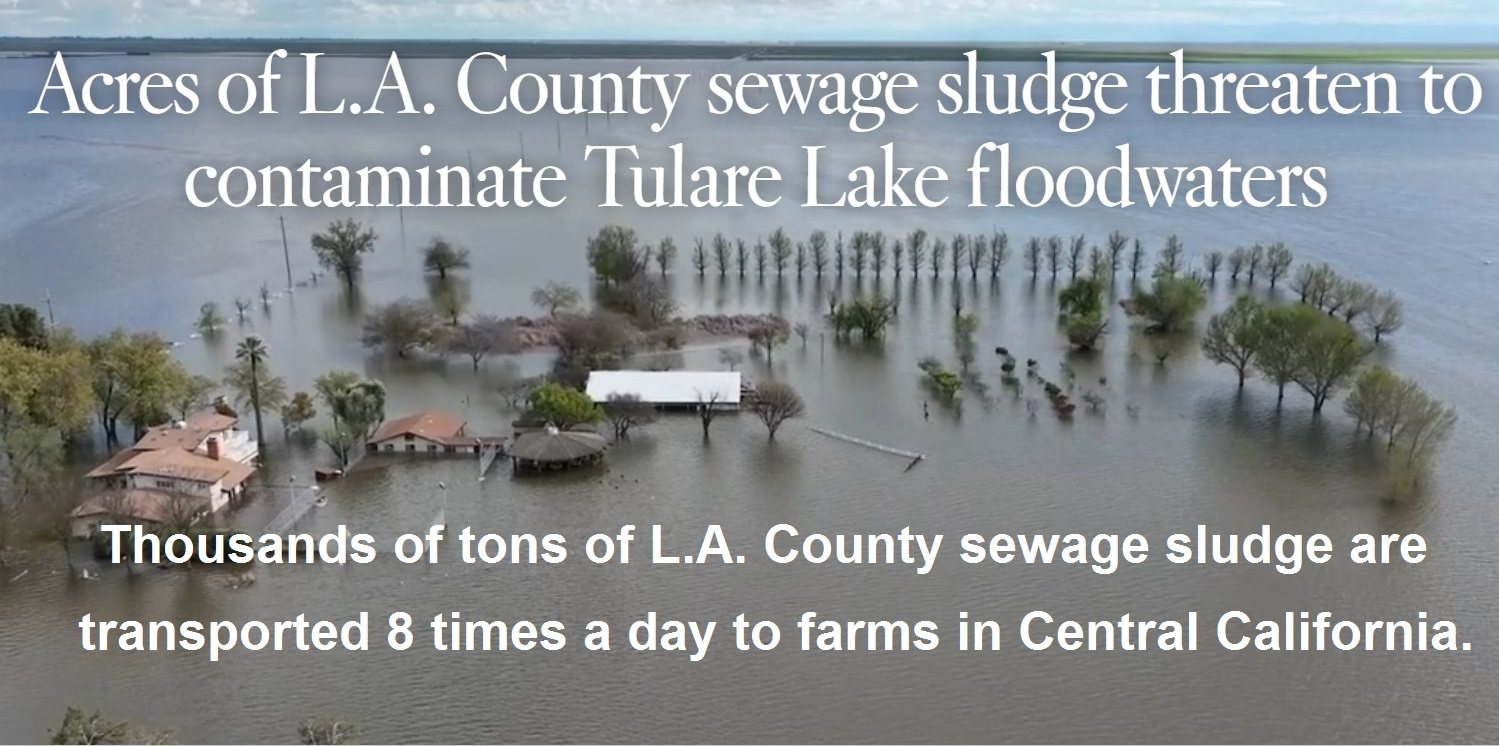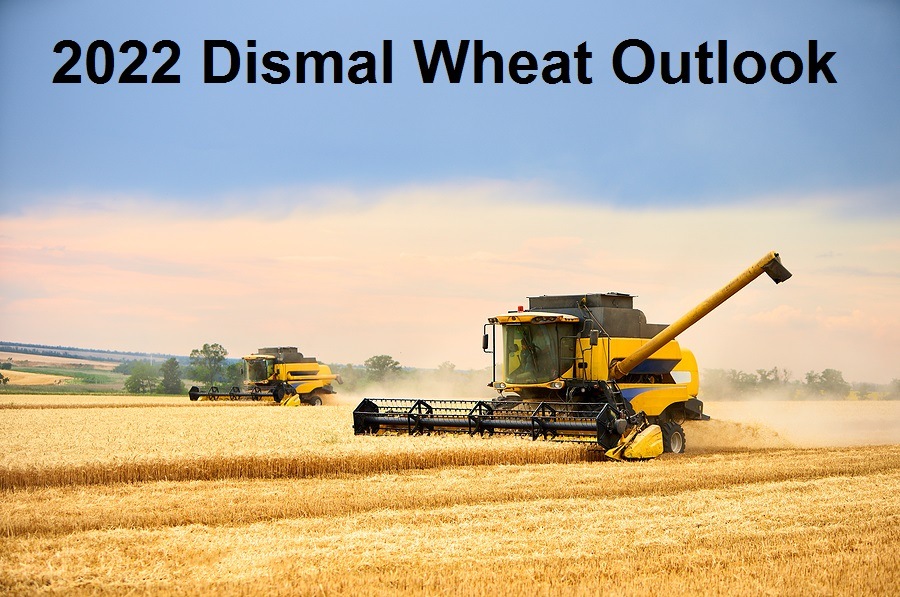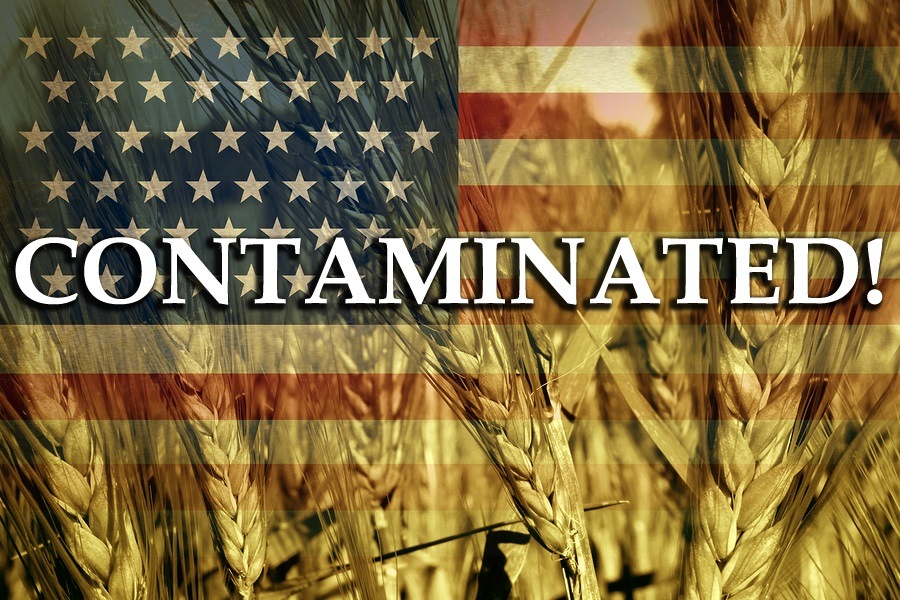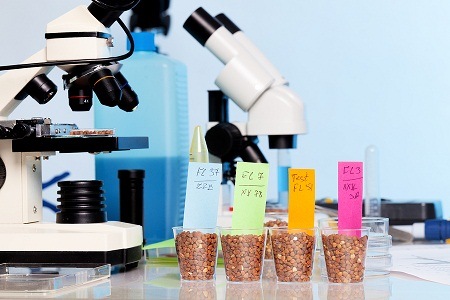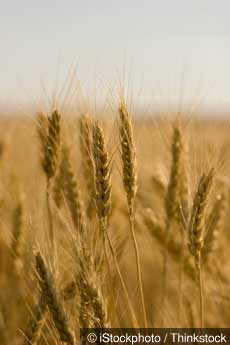DISASTER! Food Shortages & High Inflation for Contaminated Food Threaten Nation’s Food Supply
In what is still probably one of the most under-reported breaking news stories in the U.S. today, the situation with the flooding in California, which produces 50% of the nation's agriculture, is going from bad to worse, while other parts of the nation are still in drought conditions which threaten the nation's winter wheat crops, it was reported today. And then there was a report published in the LA Times yesterday which revealed that thousands of tons of "human waste" are transported about 8 times a day to Tulare County farmlands to convert into fertilizer, and that "waste" is now threatening to spread to California's water system, as record levels of snow in the Sierra Mountains start to melt and cause further flooding in the farms of Central California. "Human waste" is a polite term to use for what this "sludge" is that now threatens $billions of food in California farmlands. Here is how Wikipedia defines it: "Human waste (or human excreta) refers to the waste products of the human digestive system, menses, and human metabolism including urine and faeces." And all of this "human waste" is in ADDITION TO the "waste" produced in Central California from huge dairy and poultry operations, which now also are in danger of spreading into California's water supplies.




